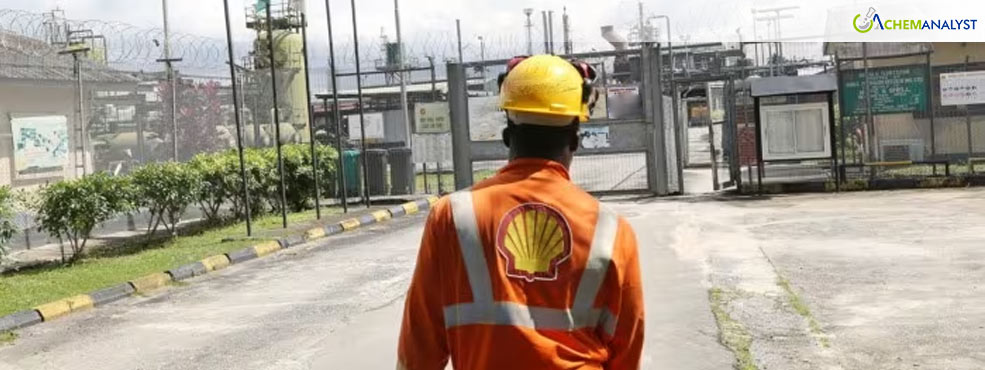Welcome To ChemAnalyst

Nigeria has blocked Shell's proposed $1.3 billion sale of its onshore oil production unit, disrupting the oil major’s plans to exit the shallow water sector of the Niger Delta, according to the Financial Times. Gbenga Komolafe, the chief executive of the Nigerian Upstream Petroleum Regulatory Commission (NUPRC), announced at an oil conference in Abuja that the sale to Renaissance Africa Energy, a local consortium, was halted as the deal did not pass the regulatory requirements. While Komolafe did not provide further specifics, he had previously expressed concerns about Renaissance’s capacity to manage Shell’s assets in Nigeria.
This rejection comes amidst the approval of ExxonMobil's $1.28 billion deal to sell its onshore assets to Seplat Energy, a London-listed company. This approval, granted after a long delay, underscores the regulatory hurdles investors face when attempting to divest from Nigeria. Komolafe confirmed during the conference that ministerial consent had been issued for the Exxon-Seplat deal, clearing a major obstacle. Seplat acknowledged the regulator's announcement but did not comment further.
Shell had announced in January that it had reached an agreement to sell its onshore assets in the Niger Delta swamplands, signaling its planned exit from the region after 68 years. However, the sale required the approval of Nigeria’s oil minister, a position held by President Bola Tinubu, who is advised by the NUPRC.
Several international oil companies, including Italy's Eni, Norway's Equinor, and China's Addax, have also moved to divest their onshore assets in Nigeria over the past two years, citing challenges such as oil theft, violence, and environmental damage. Offshore fields, which promise better returns, have attracted oil majors away from the troubled Niger Delta region.
ExxonMobil and Seplat first agreed to their deal in February 2022, with Seplat forecasting that the acquisition would nearly triple its crude oil production from 48,000 barrels per day to approximately 130,000 barrels. However, the all-cash transaction faced delays after state-owned oil company NNPC attempted to block the sale, claiming it had the right of first refusal. NNPC operates the onshore permits in partnership with international companies, as mandated by law. Although former President Muhammadu Buhari initially approved the deal in August 2022, he reversed his decision three days later, citing the need for further regulatory review.
Despite these challenges, other companies have successfully divested. Italian firm Eni sold its Nigeria unit to Oando for $783 million in August, and Equinor transferred its subsidiary to local company Chappal Energies last November. Chappal also acquired a minority stake in a Total onshore venture this year for $860 million. Clementine Wallop, director for sub-Saharan Africa at consultancy Horizon Engage, called the approval of Exxon’s deal "good news for the Nigerian government and energy investors," signaling potential stability in the sector after a period of uncertainty.
We use cookies to deliver the best possible experience on our website. To learn more, visit our Privacy Policy. By continuing to use this site or by closing this box, you consent to our use of cookies. More info.
